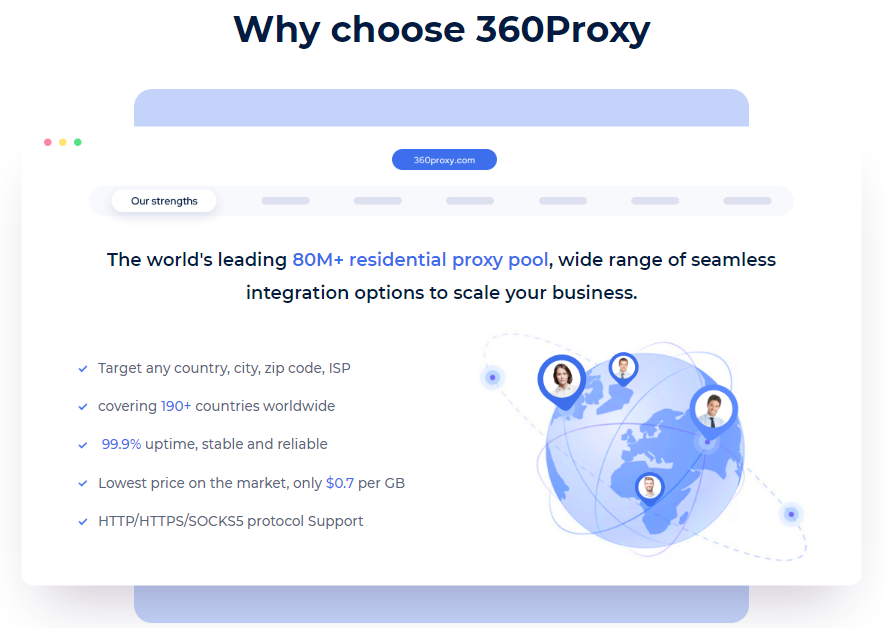ISP and residential proxies are the two main types of proxies that are great tools for anonymity and data management. Sometimes, you may see ISP proxies referred to as static residential proxies, where "static" means that the IP address remains consistent over time.
ISP proxies offer speed and reliability with the authentic look of a residential IP. Although they face limitations in geography and subnet diversity, they excel at high-speed, stable connections.
Residential proxies have wide subnet diversity and superior anonymity, making them less likely to be blocked and ideal for tasks requiring high IP diversity. However, they generally offer slower speeds compared to ISP proxies and shared IP addresses, which can be a disadvantage if other users' activity causes the IP to be blocked.
When comparing the two, enterprises must consider the nature of their mission: ISP proxies are best for speed and stability for data-centric operations, while residential proxies are best for authenticity and undetectability for user-centric activities.
The choice between an ISP and a residential proxy depends on specific needs, such as the level of anonymity required, geolocation, and the balance between speed and likelihood of encountering a block. Finally, we recommend you to buy 360proxy, which is a very pure residential proxy. Everyone is welcome to experience it.

 Username: Password
Username: Password
 Whitelist IP
Whitelist IP
 Proxy Manager
Proxy Manager
 Google Chrome Extension
Google Chrome Extension





























 Dashboard
Dashboard Sign Out
Sign Out






























 USA
USA France
France Brazil
Brazil Vietnam
Vietnam Spain
Spain









